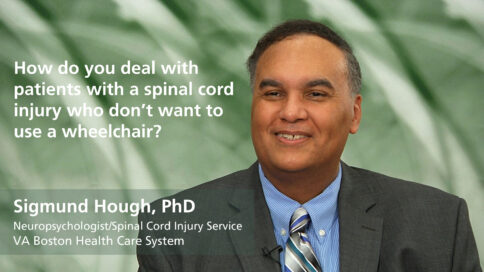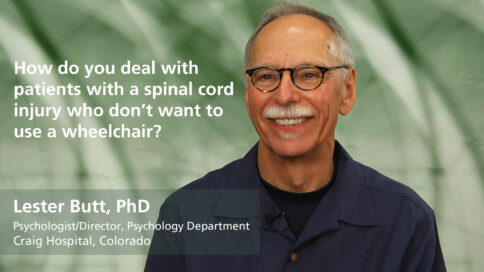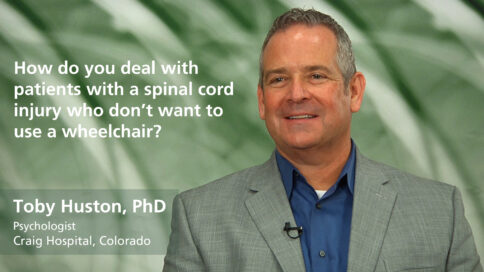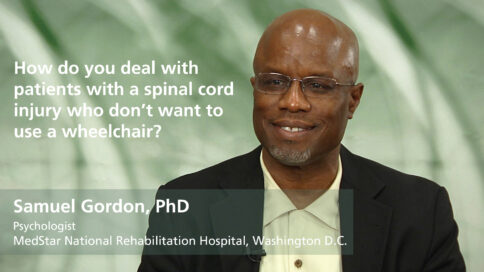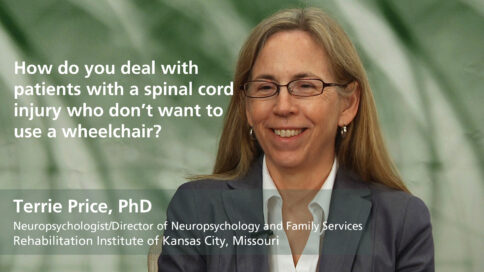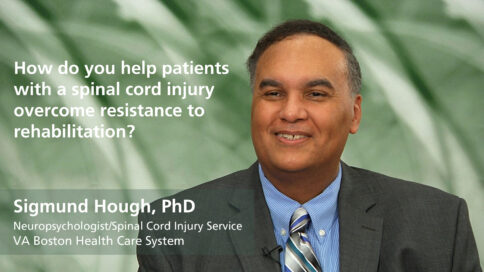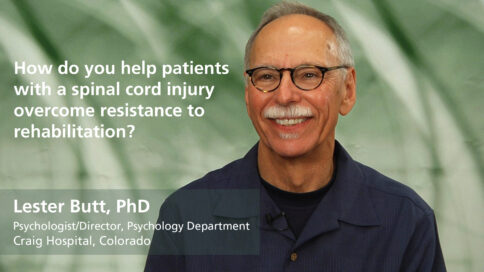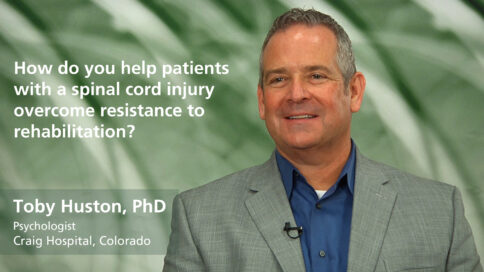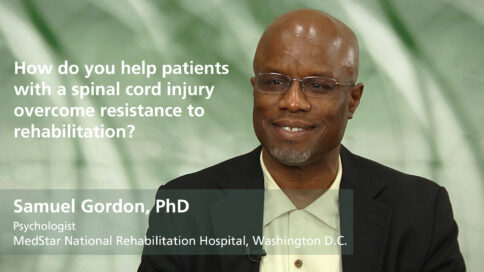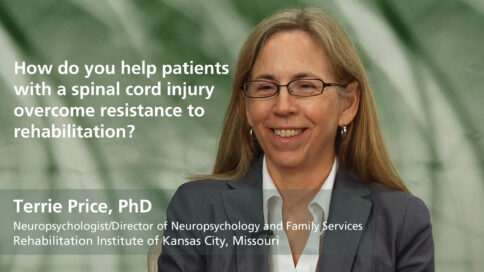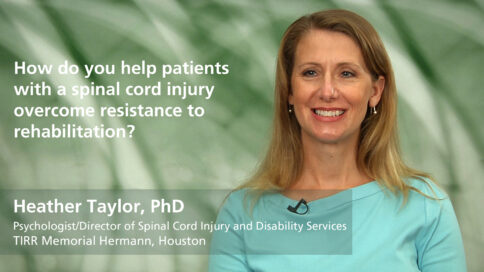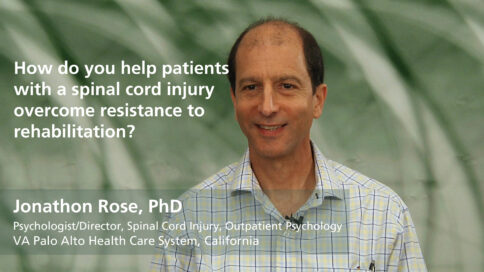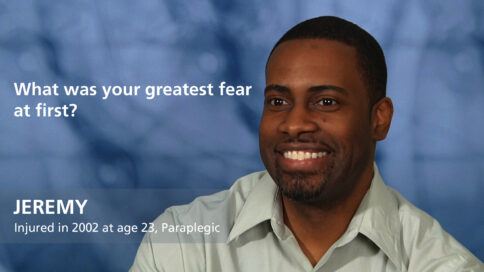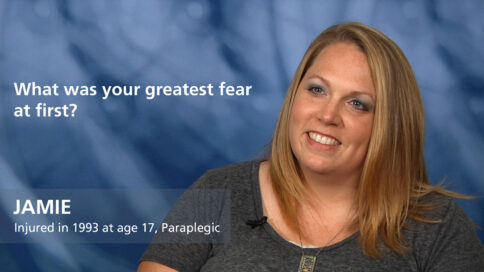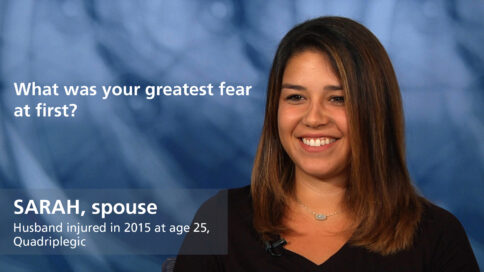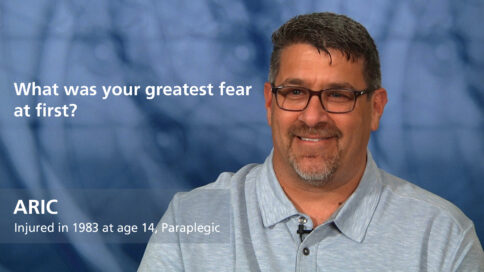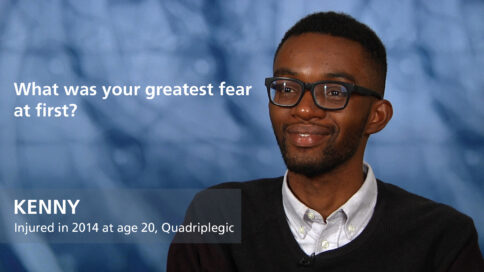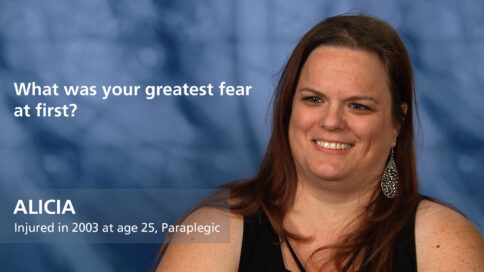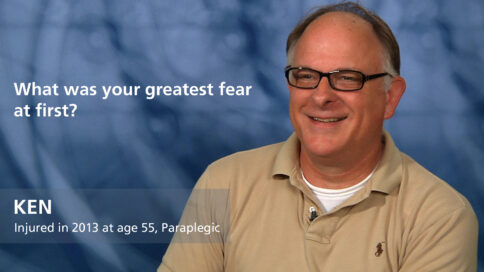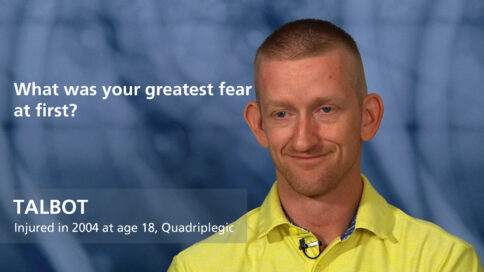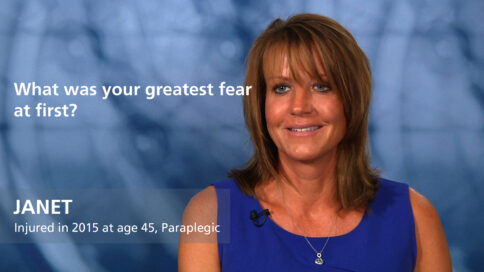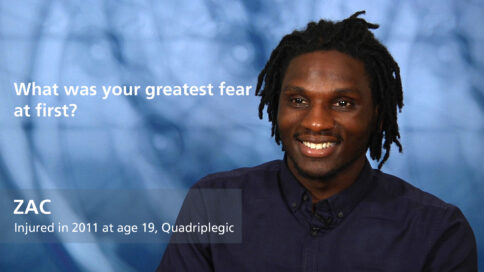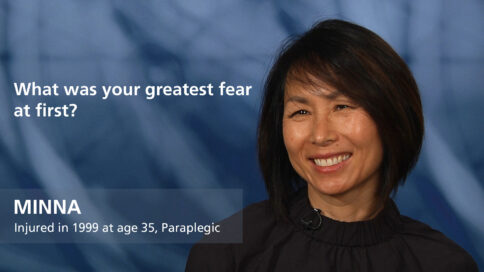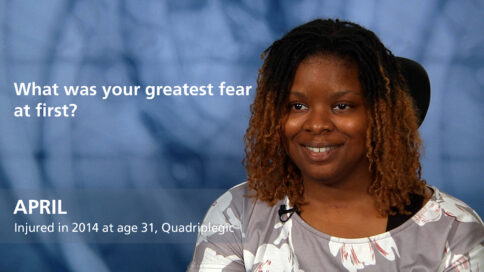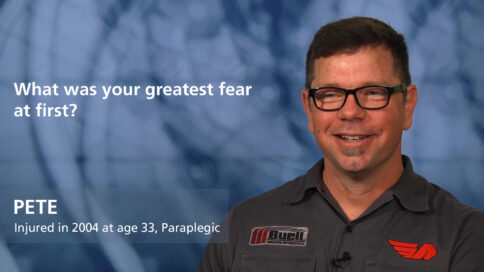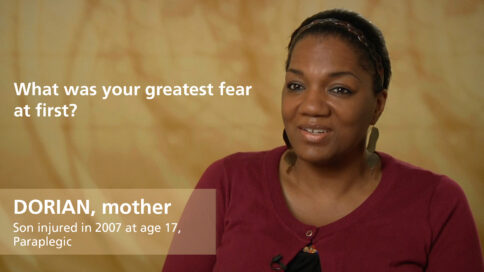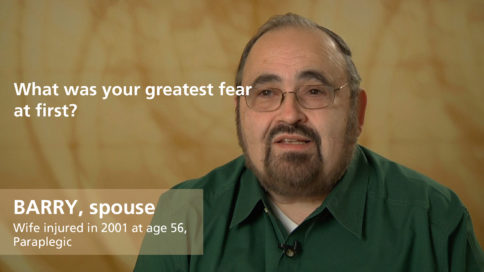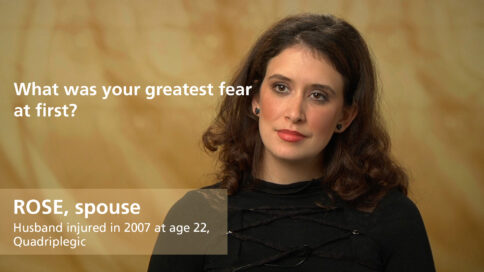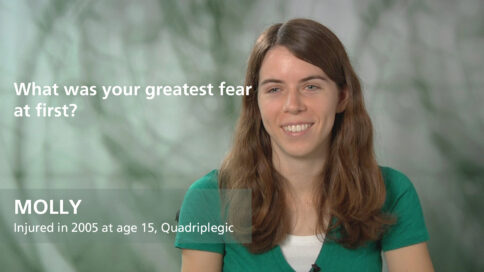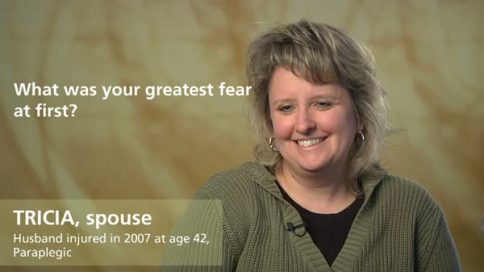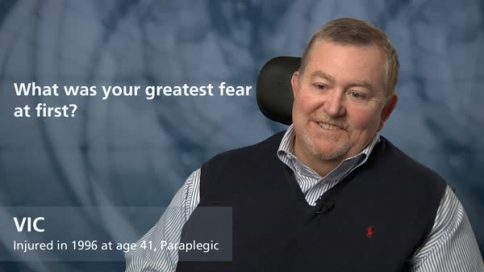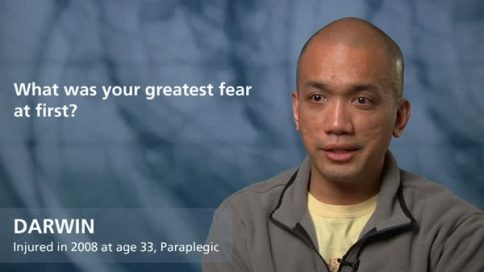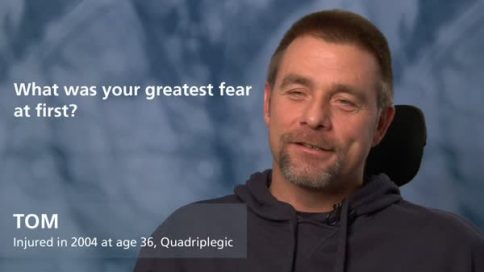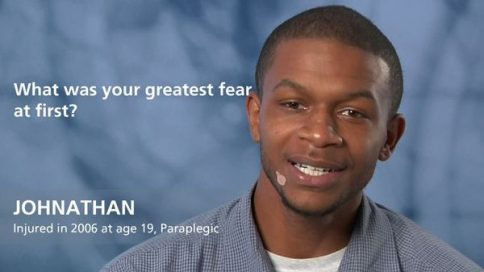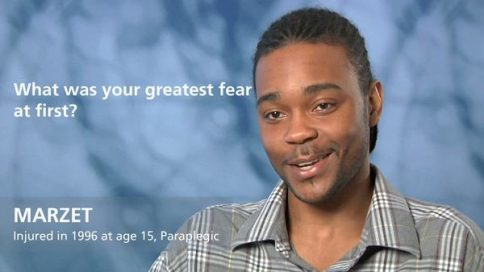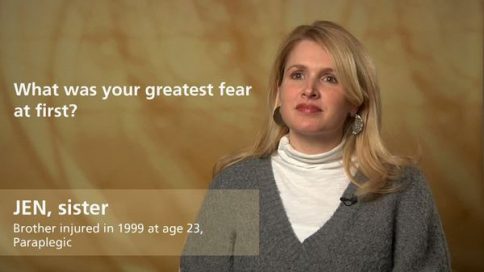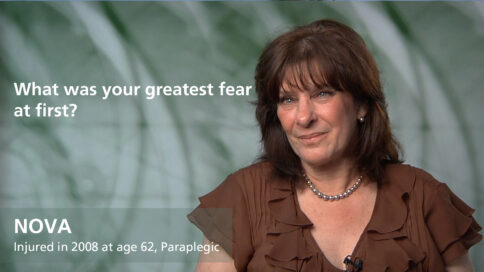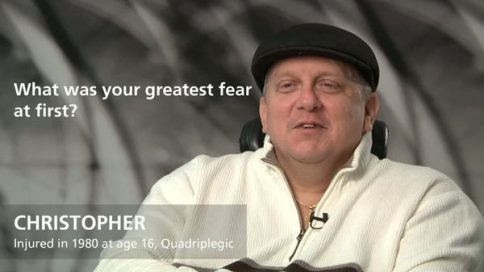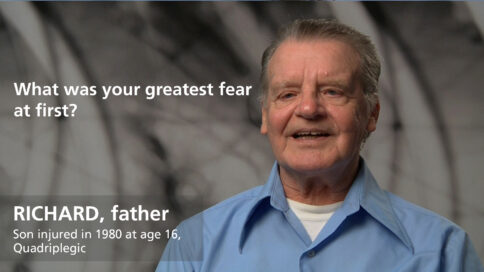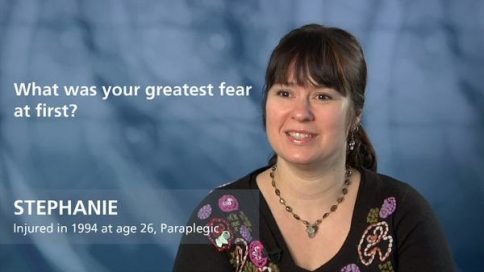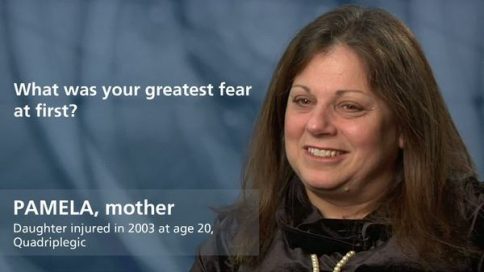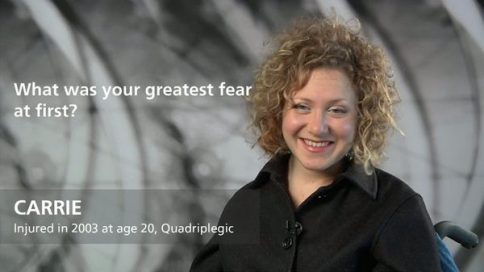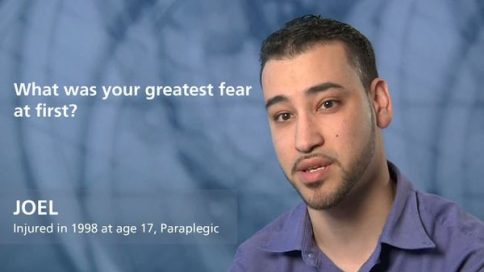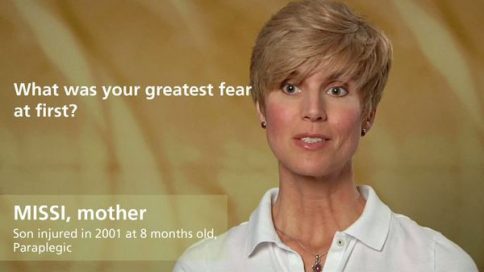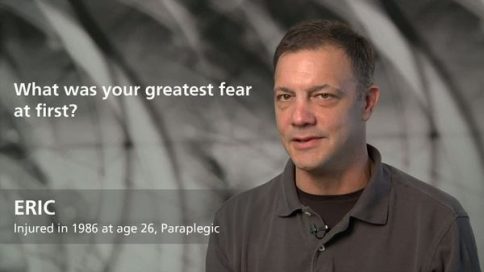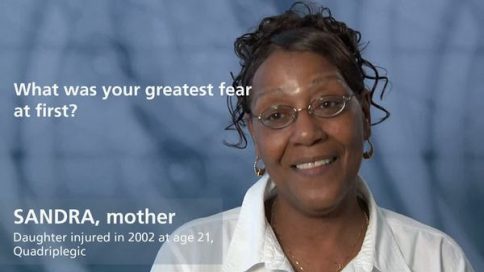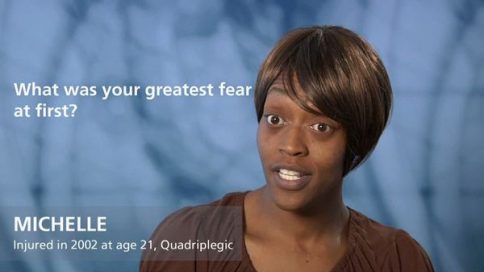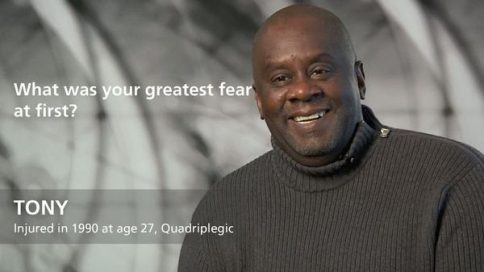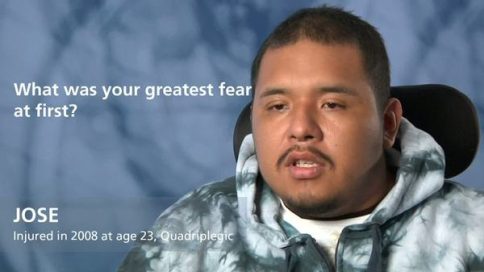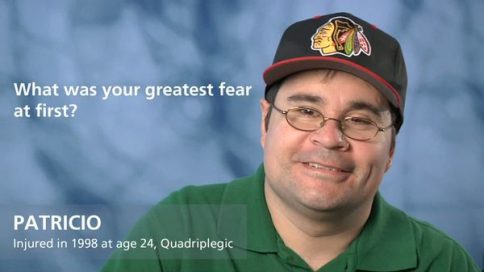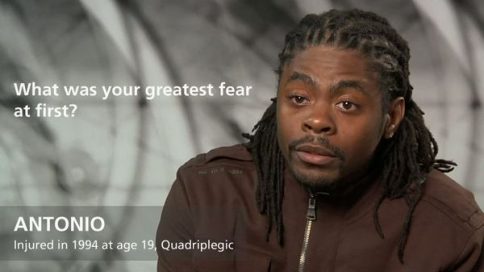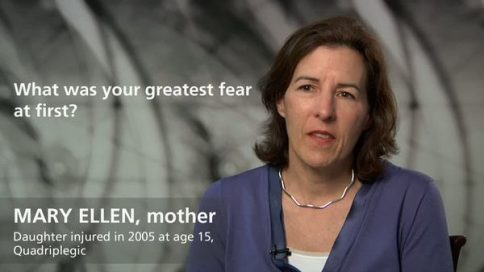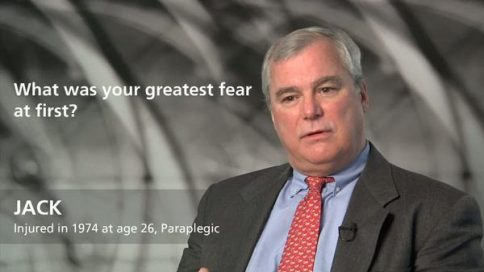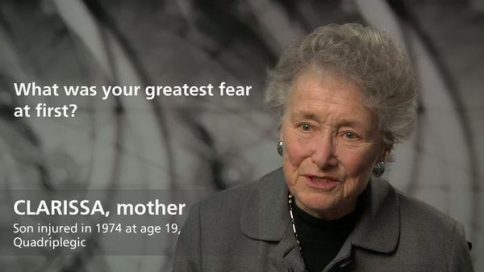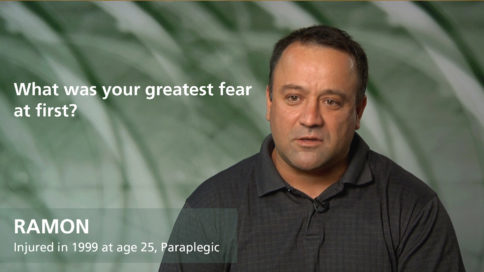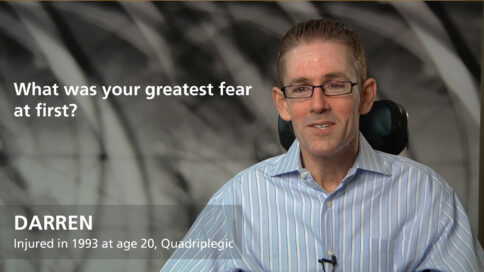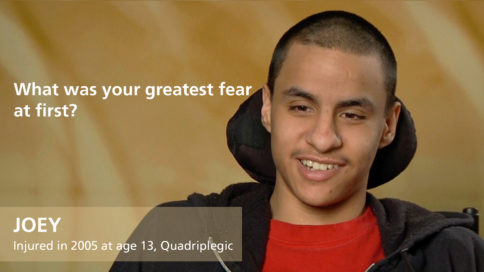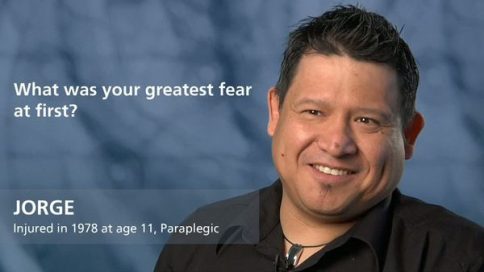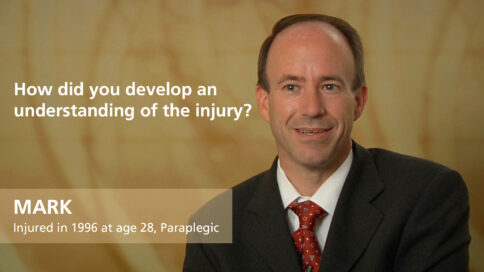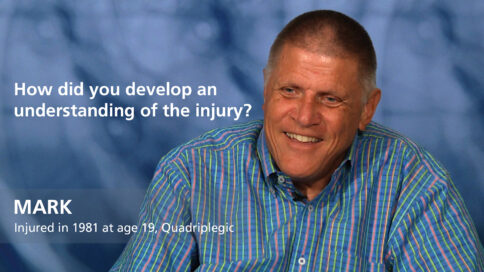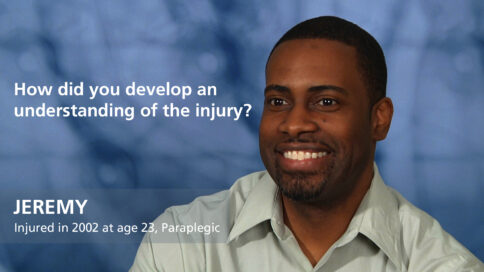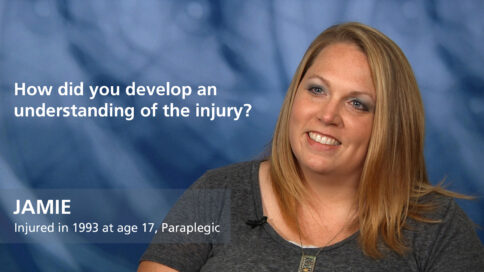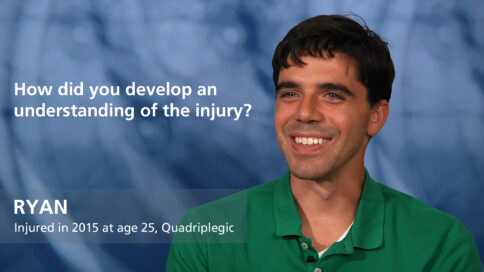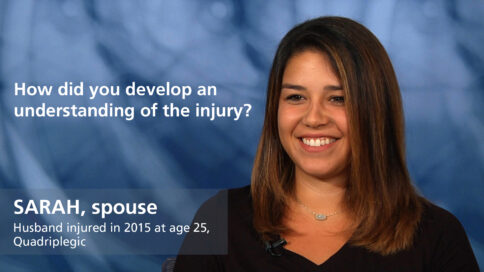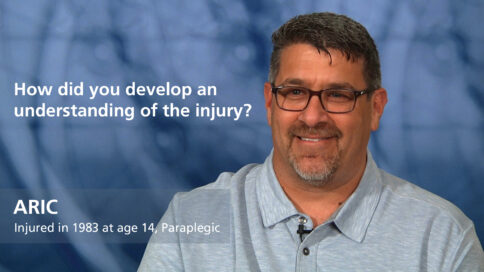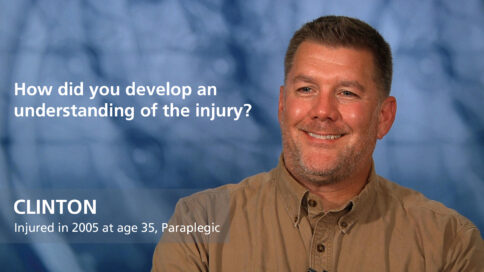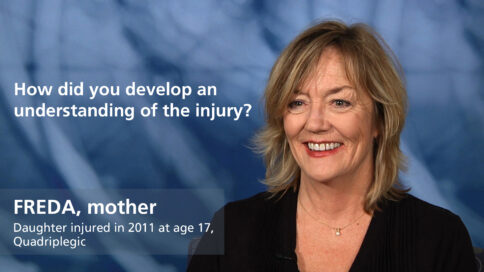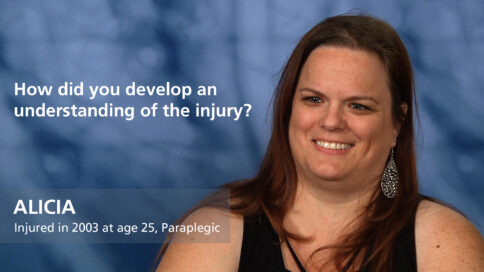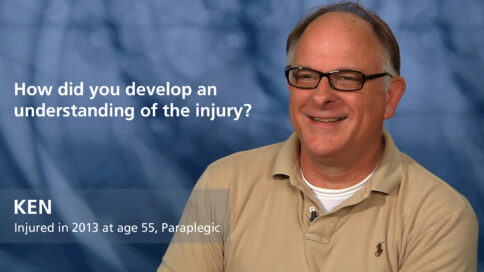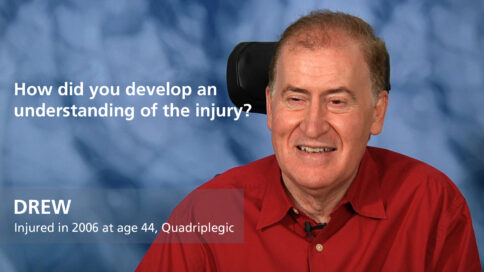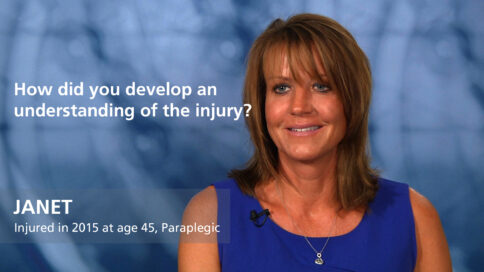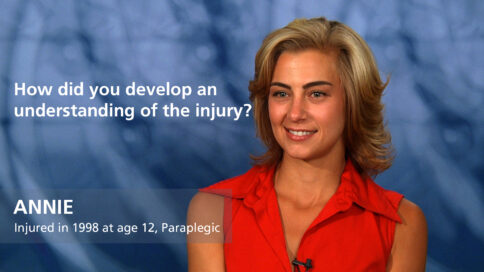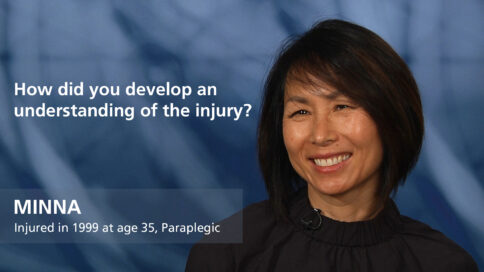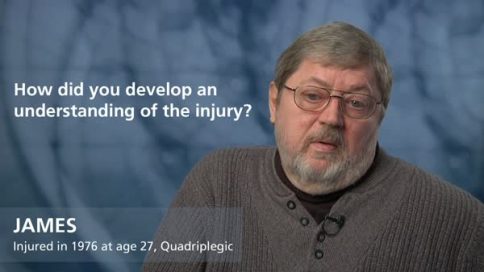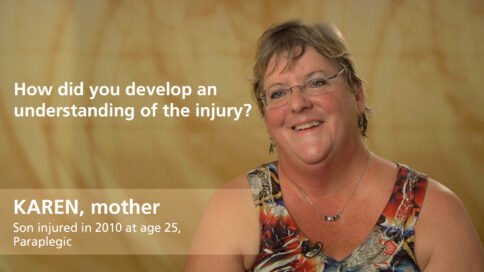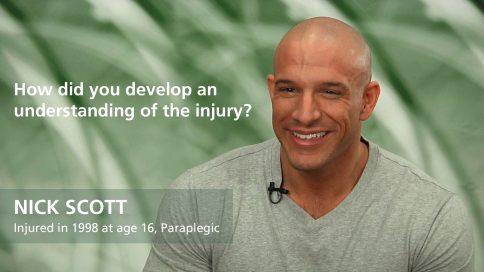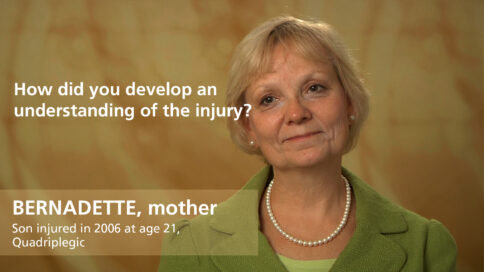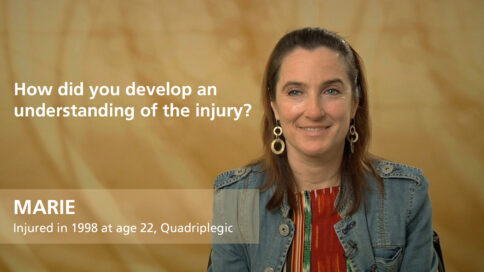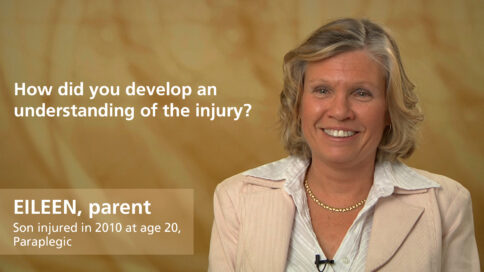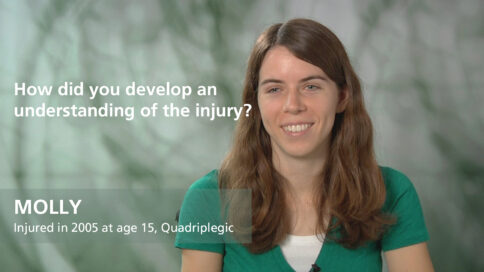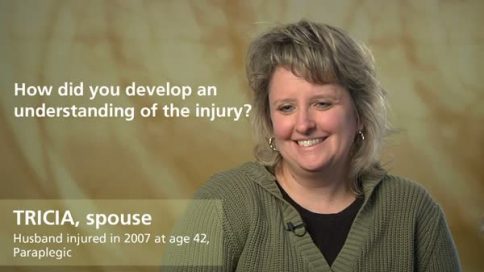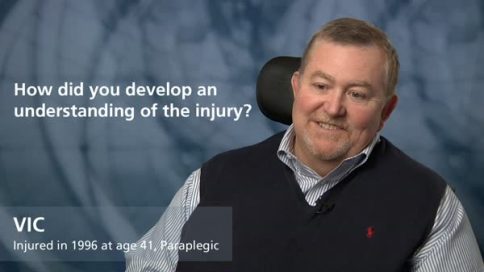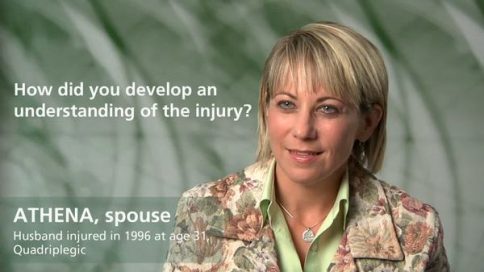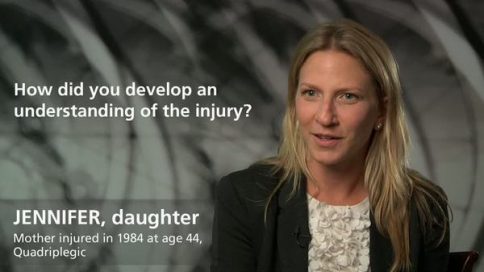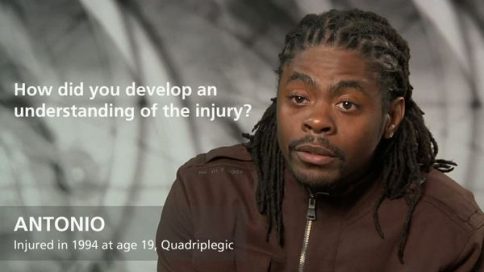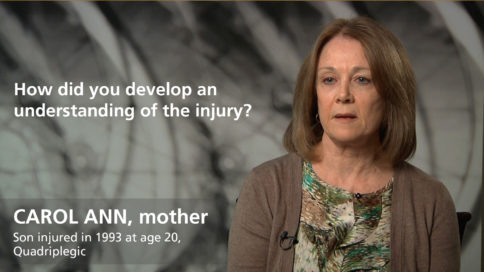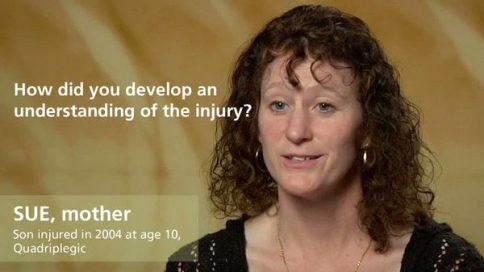What role does denial play right after a spinal cord injury? - Lisa Rosen, MS
|
|
What role does denial play right after a spinal cord injury? |
|
Lisa Rosen, MSEducational Program Manager, Life Center, Rehabilitation Institute of Chicago |
||
| Read Bio | More Videos by Lisa Rosen | |
|
Share |
||
Transcript
It's hard to accept that this is how it's going to be. A doctor may come in, and tell you you'll never walk again, but you don't want to give up that hope that you may walk again. And, that's a hard thing to accept. So, sometimes, it's easier to just, "Well, that's not me. Those people in wheelchairs, that's just, I'm not a part of that group; I'm going to walk out of this hospital." And, if a health care professional mentions anything about grouping you with those people in wheelchairs, or a wheelchair user, it's very difficult. And, that's where the denial helps ease the pain to not, not jump in that group, and just stay on the bandwagon of hopefulness of the walking. A lot of families are proud of their son, or daughter, brother and sister, and their accomplishments, and have defined them a certain way. And now, when your identity—essence of who you are—you don't have those definitions, they have changed. It's very difficult for the family to accept that, now they have to find out who this person is, or explain to people, or convince people this is still the same person, even though they look different.
Show Less|
|
||
add
What role does denial play right after a spinal cord injury? |
||
Lisa Rosen, MSEducational Program Manager, Life Center, Rehabilitation Institute of Chicago |
More Videos by Lisa Rosen | |
| Transcriptadd | share | |
It's hard to accept that this is how it's going to be. A doctor may come in, and tell you you'll never walk again, but you don't want to give up that hope that you may walk again. And, that's a hard thing to accept. So, sometimes, it's easier to just, "Well, that's not me. Those people in wheelchairs, that's just, I'm not a part of that group; I'm going to walk out of this hospital." And, if a health care professional mentions anything about grouping you with those people in wheelchairs, or a wheelchair user, it's very difficult. And, that's where the denial helps ease the pain to not, not jump in that group, and just stay on the bandwagon of hopefulness of the walking. A lot of families are proud of their son, or daughter, brother and sister, and their accomplishments, and have defined them a certain way. And now, when your identity—essence of who you are—you don't have those definitions, they have changed. It's very difficult for the family to accept that, now they have to find out who this person is, or explain to people, or convince people this is still the same person, even though they look different.
